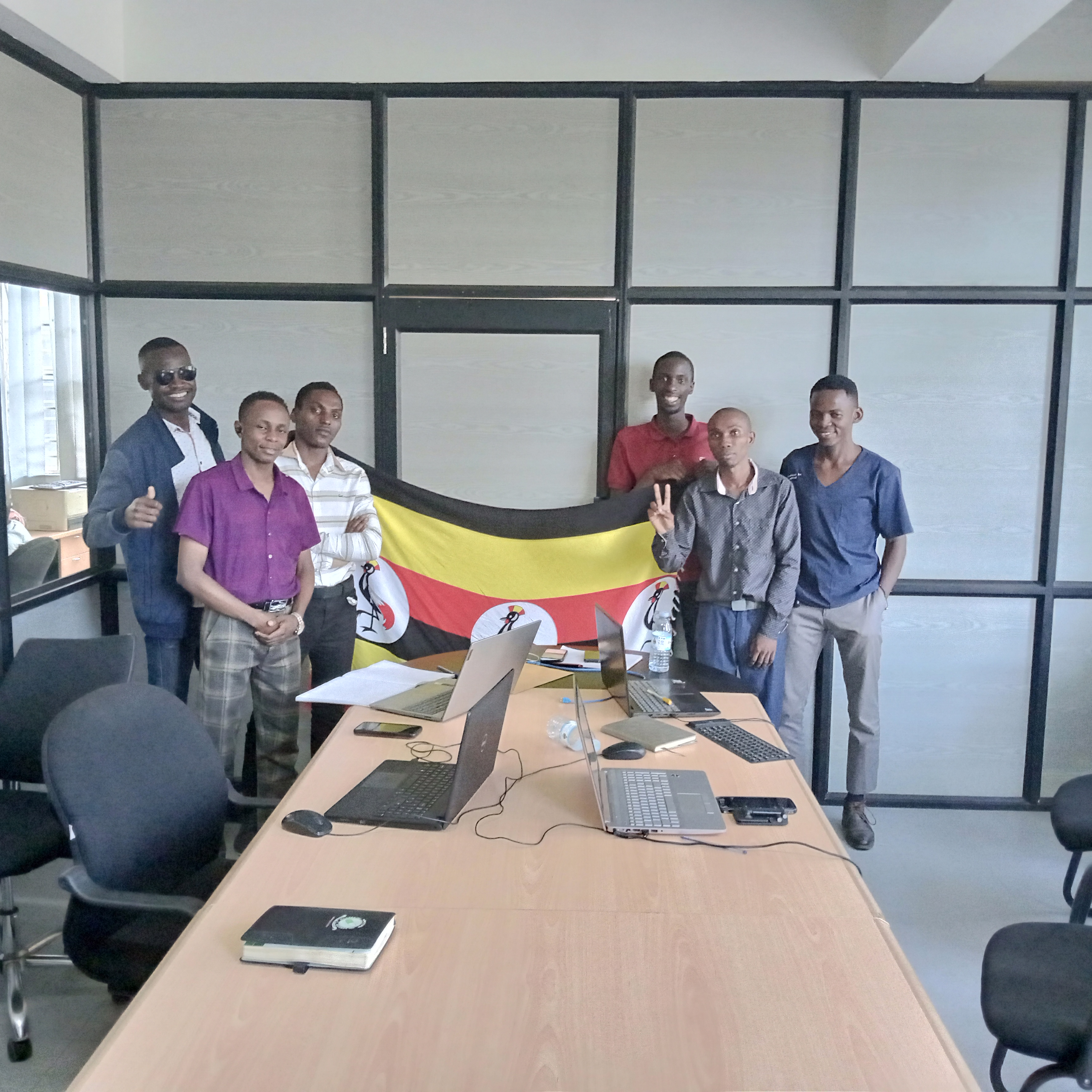
The Health Professions Education Conference - 2023 themed, ‘Health Professions Education for Improved Health Outcomes’ was held on the 11th to 12th May 2023 with calls from stakeholders for competency-based education, quality assurance in training institutions, partnerships and enhanced supervision. The conference was organised by Health Professional Education Partnership Initiative (HEPI-SHSSU) and the East African Health Professionals Educators Association (EAHPEA).
HEPI-SHSSU is an NIH funded project hosted by Makerere University College of Health Sciences (MakCHS) working in partnership with Busitema University, Kabale University, Clarke International University, Mulago School of Nursing and Midwifery, Yale University, John Hopkins University and African Centre for Health and Social Transformation (ACHEST). The vision of the HEPI-SHSSU partnership is to transform Health Professions Education (HPE).
In her remarks, Professor Sarah Kiguli – Principal Investigator, HEPI-SHSSU welcomed participants to the conference. She expressed the privilege of the initiative in hosting the conference together with EAHPEA. ‘In this initiative, we believe, it is relevant to have all the HPE stakeholders working together to transform the sector which is key in creating strong health systems leading to improved health outcomes. This can only be achieved by engaging and working with all stakeholders present here’ she said.
The keynote address was read by Dr. Sanny Okuruafo, Technical Advisor – WHO Uganda Office who represented Dr. Yonas Tegegn Woldermariam - WHO Representantive in Uganda. The address gave insights of why the health workforce is a key enabler for achieving the health-related sustainable development goals considering their role in ensuring health and wellbeing of the population; how Competency-based education is the foundation for training health workers to address the contemporary health needs of populations; and the discourse on competency – based education in recent years and how the Global Competency and Outcomes Framework for Universal Health Coverage was birthed in 2022. The keynote address underlined that:
- enhancement of health professions education lies in allowing a comprehensive and more cohesive approach to identifying the needed competencies that enable effective performance. This enables the health workforce to gain competencies that are on demand by the employers.
- In enhancing health professions education in Uganda, the Framework offers an opportunity to ensure that competency-based curricula from competency-based outcomes are developed based on:
- the essential service package,
- legislation,policies,regulations,andguidelinesguidingservicedeliveryandhealth worker practice.
- Occupational role and scope of practice for health worker category
- Local epidemiology,mortality,anmorbidity,and
- Emergency risk assessments from All-hazards emergency risk assessments
The address concluded that the aforementioned proposals would ensure that ‘the health workers produced in Uganda will be trained using curricula that is rooted in the health and health system needs towards improved individual and population health, and efficient management and organization of the health sector of the country’.
Dr. Woldermariam implored health professional educators and health training institutions to embrace the WHO Global Competency and Outcomes Framework that will ensure that health workers produced in Uganda have the competencies and behaviors to meet Uganda’s health and population needs in the development and emergency contexts. ‘This will ultimately improve the health and well being of Ugandans, and ensure that Uganda achieves its National development and health sector goals’ he concluded.
Professor Barnabas Nawangwe, Vice Chancellor – Makerere University commended HEPI-SHSSU and MakCHS for convening HPE stakeholders to deliberate on this important issue.
Professor Nawangwe stressed that it is crucial that health training institutions come-up with appropriate innovative methods of training and education of current and future health professionals. He also reiterated the importance of retention of faculty through improvement of terms and conditions of service as well as support of career progress. The Vice Chancellor also called for an evaluation of the contribution of health workers to the economy of a nation and the effect if training institutions do not produce health professionals.
‘I wish to emphasise that HPE is important for national development and call on all training institutions to ensure that our curriculum as well as training matches international standards’, Professor Nawangwe advised.
Some of the issues arising from the plenary discussion included:
- Large number of students in health training institutions is affecting clinical practice and the teacher to student ratio.
- Institutions are moving towards student-centred learning where they are encouraged to research and make presentations
- Soft skills and practicum are imbedded in the curriculum
- Mentors in health centres require payment from training institutions which is a challenge.
- Competency-based training has been adopted by the training institutions
- The attitude of students admitted has continued to improve.
- While curriculums have been reviewed, there remains gaps in the instruction/teaching
- There are staffing gaps at health centres where students are sent for practicum thereby causing supervision gaps.
- Interprofessional learning (for example training doctors and nurses together because they work together)
- Increase number of faculty and refresher training whenever curriculums are reviewed to keep abreast with new trends.